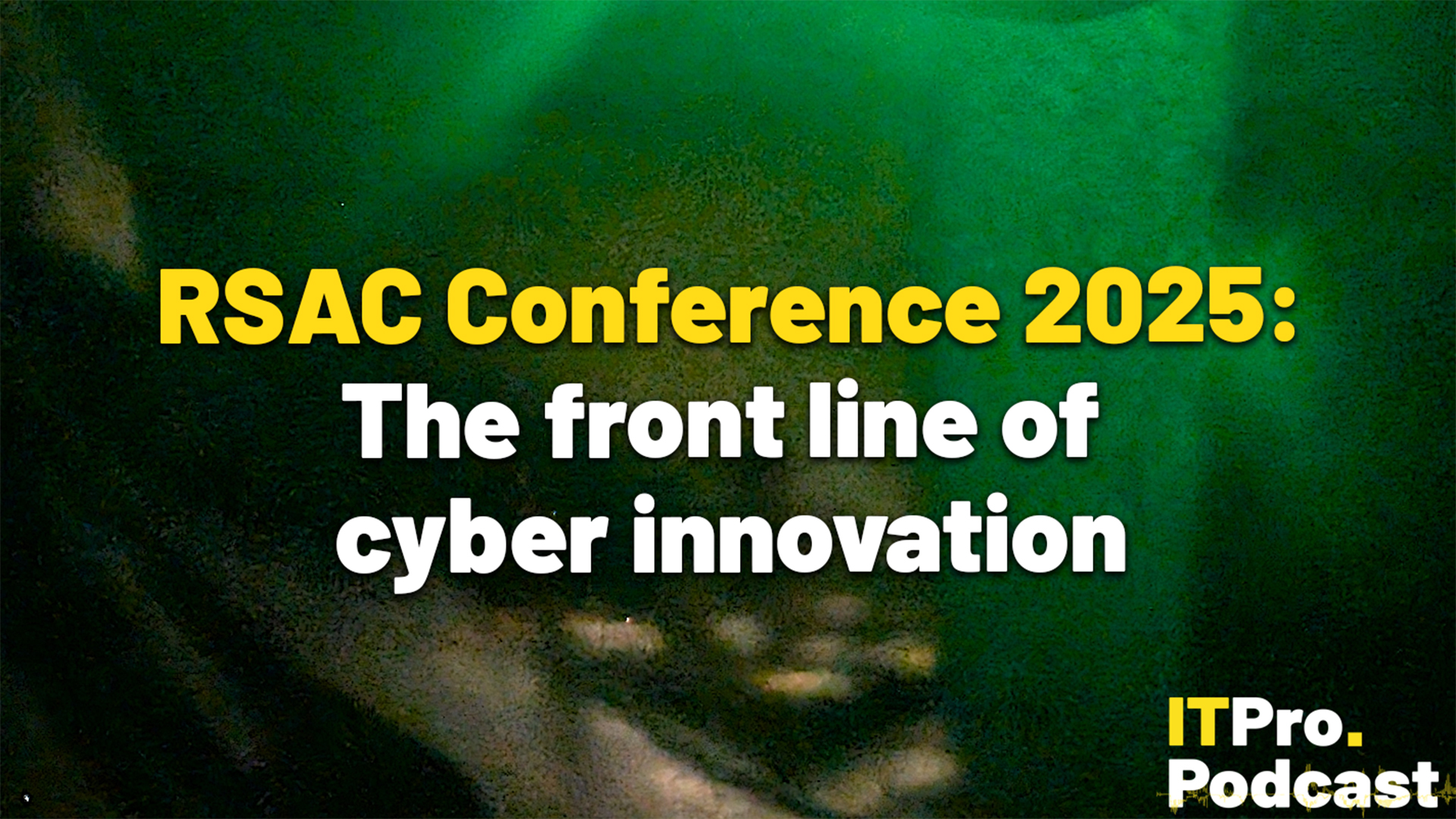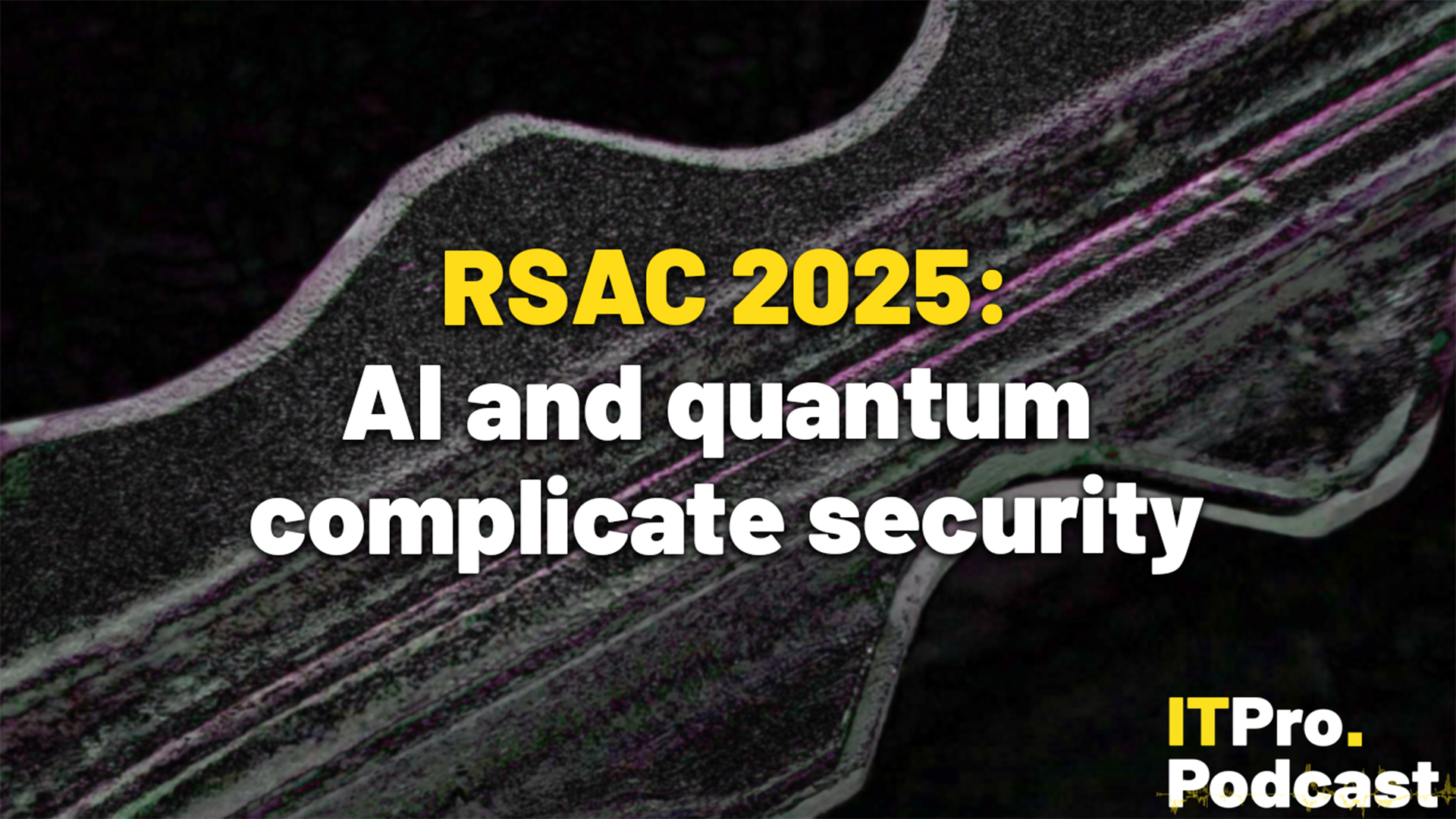2011: The year in news
We take a look back at a year which saw corporate carnage, industry in-fighting and the passing of an industry legend.


That was something apparently lost on Salesforce.com chief executive Marc Benioff, however, who spent much of his company's Dreamforce event proselytising about how businesses should take inspiration from the Arab Spring. He warned CEOs of a Corporate Spring, where workers might depose their leaders, although didn't seem worried about such an uprising in Salesforce.com.
Government goods
Whilst having to deal with the Leveson inquiry, strikes, riots and various Vince Cable gaffes, the Government also had to sort out its IT.
The G-Cloud was here, then it wasn't, then it was, then it was kind of there and now it definitely, definitely is real. For whatever reason, HP's MD told IT Pro[i/] the G-Cloud was being killed off, which the Government denied, although refused to use the name G-Cloud. It left us with a cloud strategy as clear as mud, although it appears plans are now finally moving on.
Francis Maude produced the official IT strategy, in which cloud and open source were key. Overall, it received a positive response but given the way in which Government plans tend to go rapidly downhill after they're announced, don't expect the slickest IT to appear in Whitehall anytime soon.
Security scares
A year wouldn't be complete without some major security scares. There were some massive breaches this year, with Sony and RSA suffering the worst.
Sign up today and you will receive a free copy of our Future Focus 2025 report - the leading guidance on AI, cybersecurity and other IT challenges as per 700+ senior executives
After hackers hit the PlayStation Network and other Sony services, over 100 million customers saw their data compromised. The company finally got round to employing a chief information security officer this summer.
RSA had data on one of its security products put in danger after a nasty attack believed to come from a nation state. The SecureID information was later used to hit Government contractors, really proving how big a data breach fallout can be.
Goodbye, Steve
Despite the whirlwind of the past 12 months, in the tech world 2011 will be remembered largely as the last year of Steve Jobs' life. It should have been a chance for the community to drop their petty quarrels and look back at the life of one of the industry's most fascinating men. That opportunity was taken by some.
But many chose instead to polemicise, to make myopic claims about Jobs and his work. This was not limited to the anti-Apple brigade either.
That's chiefly why we will miss him. He was the biggest character the tech world has ever seen.
Some labeled the ex-Apple CEO as 'just a great marketer.' Others suggested he was a visionary, the creator of iconic products like the iPhone. Neither was right.
Jobs was evidently more than 'just' something. He was a complex man. Testament to this can be found in the sizable biography released just weeks after his death.
Yes, Jobs was a man who knew fine marketing. Sure, he led the company that produced great technology. But he was also a hugely capable CEO, a ruthless chief, a man who knew to surround himself with immensely talented people, an obsessive, disturbingly competitive, often seemingly heartless, often gloriously rude about competitors, and many, many more things.
That's chiefly why we will miss him. He was the biggest character the tech world has ever seen. And he leaves not just a gaping hole where his big personality once was, but one of the most important legacies left by any businessman in the past 50 years. Goodbye, Steve.
Tom Brewster is currently an associate editor at Forbes and an award-winning journalist who covers cyber security, surveillance, and privacy. Starting his career at ITPro as a staff writer and working up to a senior staff writer role, Tom has been covering the tech industry for more than ten years and is considered one of the leading journalists in his specialism.
He is a proud alum of the University of Sheffield where he secured an undergraduate degree in English Literature before undertaking a certification from General Assembly in web development.
-
 Cyber pros say the buck stops with the board when it comes to security failings
Cyber pros say the buck stops with the board when it comes to security failingsNews Fines, sanctions, and even prosecution are all on the table when it comes to cyber failings, practitioners believe
-
 RSAC in focus: Key takeaways for CISOs
RSAC in focus: Key takeaways for CISOsThe RSAC Conference 2025 spotlighted pivotal advancements in agentic AI, identity security, and collaborative defense strategies, shaping the evolving mandate for CISOs.
-
 RSAC in focus: Quantum computing and security
RSAC in focus: Quantum computing and securityExperts at RSAC 2025 emphasize the need for urgent action to secure data against future cryptographic risks posed by quantum computing
-
 RSAC in focus: How AI is improving cybersecurity
RSAC in focus: How AI is improving cybersecurityAI is revolutionizing cybersecurity by enhancing threat detection, automating defenses, and letting IT professionals tackle evolving digital challenges.
-
 RSAC in focus: Collaboration in cybersecurity
RSAC in focus: Collaboration in cybersecurityExperts at RSA Conference 2025 emphasised that collaboration across sectors and shared intelligence are pivotal to addressing the evolving challenges of cybersecurity.
-
 RSAC in focus: Considerations and possibilities for the remainder of 2025
RSAC in focus: Considerations and possibilities for the remainder of 2025As 2025 unfolds, RSAC explores the pivotal considerations and emerging possibilities shaping the cybersecurity landscape
-
 RSAC Conference 2025: The front line of cyber innovation
RSAC Conference 2025: The front line of cyber innovationITPro Podcast Ransomware, quantum computing, and an unsurprising focus on AI were highlights of this year's event
-
 RSAC Conference 2025: AI and quantum complicate security
RSAC Conference 2025: AI and quantum complicate securityOrganizations are grappling with the complications of adopting AI for security


